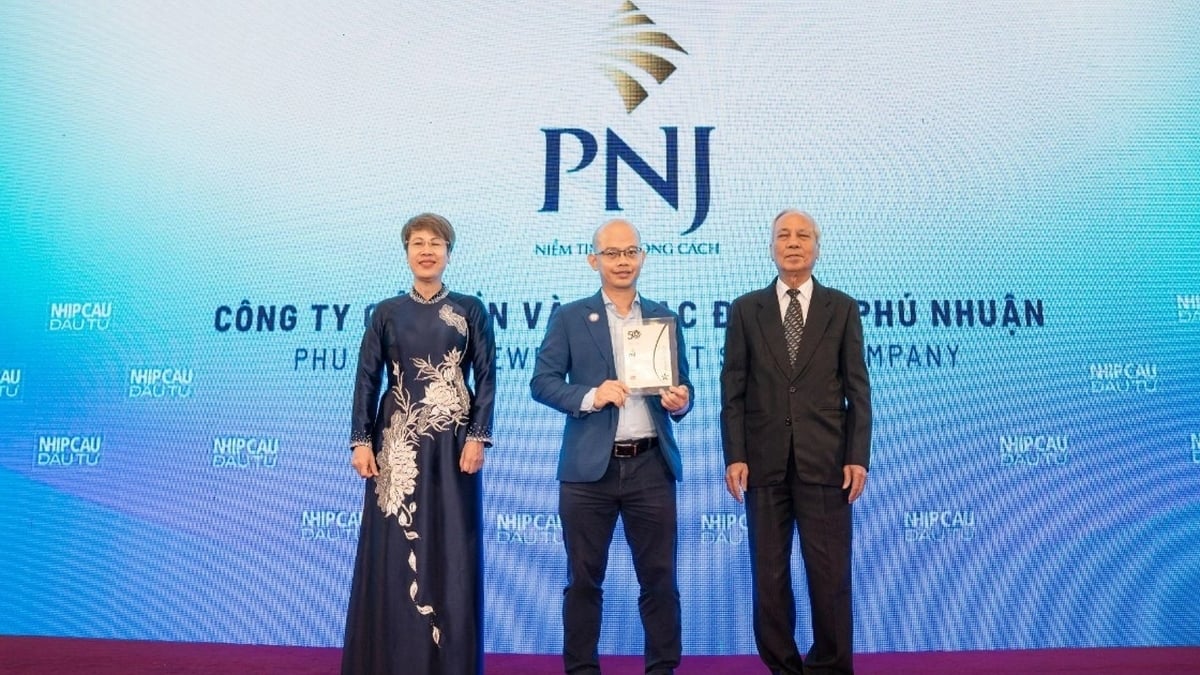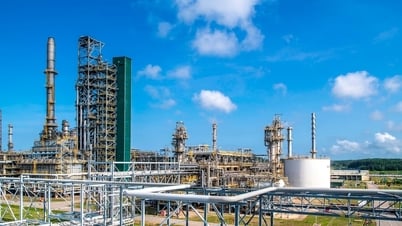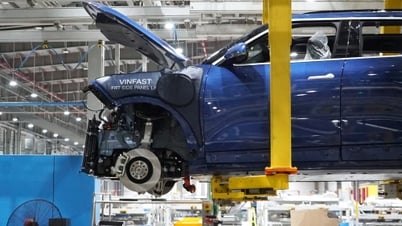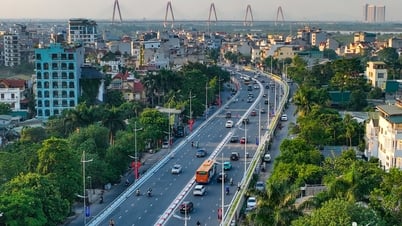
Research conducted by a team at the Laboratory of Cellular Aging and Genetics, published in Microbial Cell, found that caffeine activates a cellular energy sensor called AMPK - an ancient "fuel gauge" that helps cells cope with energy shortages and stress.
Previously, the research team showed that caffeine affects a growth regulator called TOR (Target of Rapamycin), which controls cell growth based on energy and nutrient levels. This mechanism has existed in living things for more than 500 million years.
However, new research shows that caffeine does not directly affect TOR but instead activates AMPK – a cellular energy control system that is also evolutionarily conserved from yeast to humans.
“When cells are starved of energy, AMPK kicks in to help the cells adapt, and caffeine activates this mechanism,” explains lead author Dr. Charalampos Rallis.
AMPK is also a target of the diabetes drug metformin — which is being investigated for its potential to prolong life — as is rapamycin.
Experiments on fission yeast — a single-celled organism with a similar cellular structure to humans — showed that when AMPK was activated by caffeine, cells had better control over growth, DNA repair, and stress responses — key factors linked to aging and disease.
“These findings help explain why caffeine may have health and longevity benefits,” said lead author Dr. John-Patrick Alao. “They also pave the way for future research to explore ways to trigger this effect through diet, lifestyle, or new therapies.”
Source: https://baobinhphuoc.com.vn/news/9/174509/morning-ca-phe-kich-hoat-cong-tac-keo-dai-tuoi-tho




































































































Comment (0)